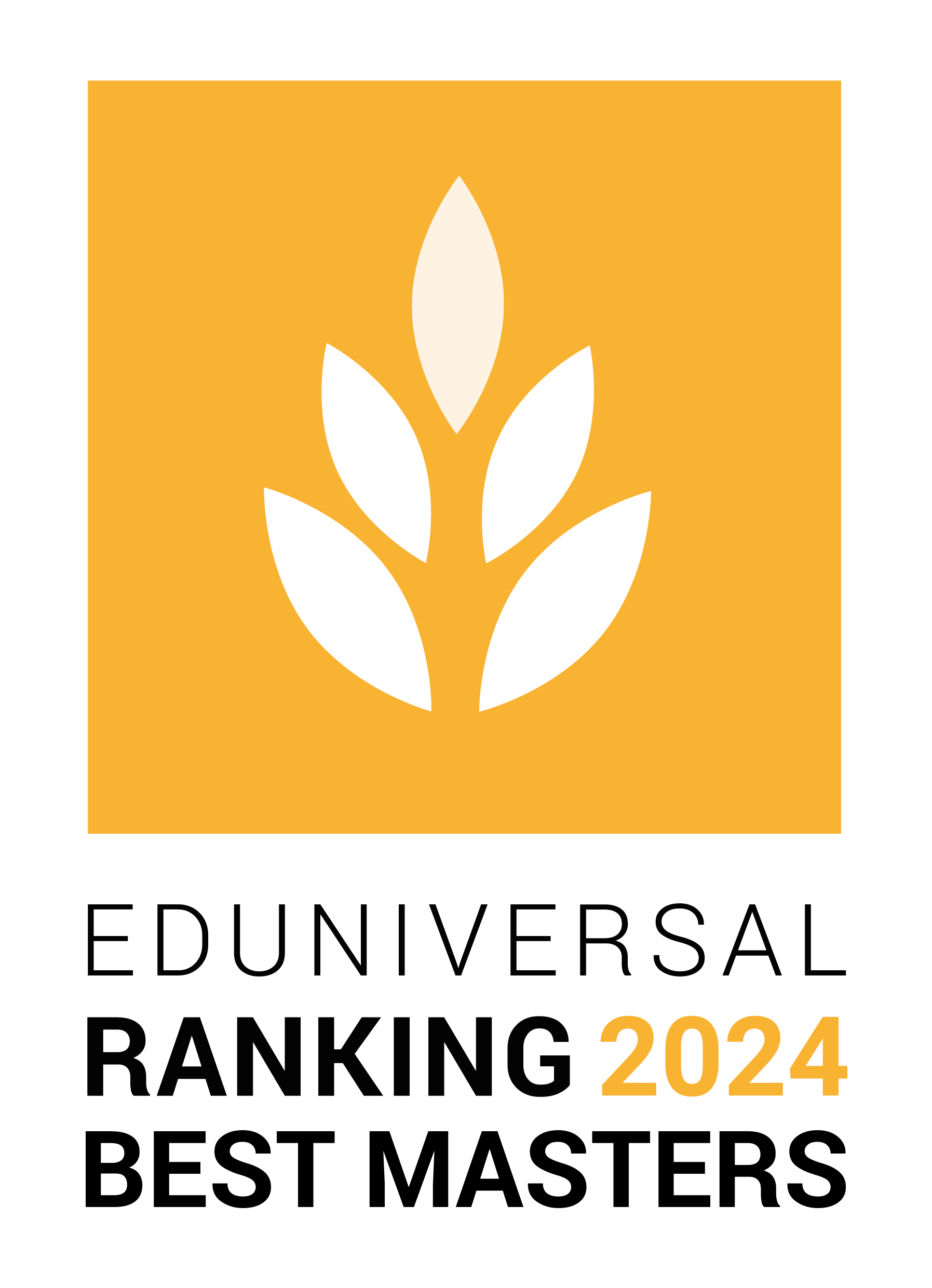- Home
- About
- Business Schools Ranking
- Selected schools
- study abroad
- Awards
- Contact
Study in Zimbabwe
Zimbabwe Statistics

Geography-Population
Capital: Harare
Area: 390,757 km ²
Climate: tropical climate with a rainy season from November to March
Population: 12,521,000 (est. 2009)
Languages: English, Shona, Ndebele
Government-Economy
Government Type: Semi presidential, parliamentaryNational Holiday: April 18GDP: $4.644 billion (est. 2010)GDP – per capita (PPP): $ 395 (est. 2010)
Information for Foreign Students in ZimbabweGetting There Harare International Airport has a number of international flights, mainly to other African countries. When coming from Europe you can fly directly with Air Zimbabwe from London. Air Zimbabwe also operates to Dubai, Beijing, Guangzhou and Kuala Lumpur in Asia. However, a good option is to fly with South African Airways or Airlink http://www.saairlink.co.za/ via Johannesburg. SAA operates to quite a few European airports and has many flights to South Africa and other African destinations. When coming from South Africa you can also use the no-frills airline Kulula.com. KLM offer flights from Amsterdam via Nairobi which continue on to Lusaka from Harare.
Obtaining a Visa Please visit the following website for details regarding the Zimbabwean student visa: http://zimbabwe.embassyhomepage.com/.
Money Currency used in Zimbabwe is the US Dollar, although the South African rand and the Euro are also widely accepted. The use of credit cards is still very limited; also, ATM use can be very limited for non-citizens.
Cost of Living
Local goods are quite cheap, but imported goods such as Coke are similar to prices in South Africa.
Health
In the current economic situation many medicines are in short supply or cannot be sourced, so you are strongly advised to take all medications with you. Medical attention will be very hard to get: many hospitals even in cities are completely closed or unable to offer substantial care. Some medical personnel may perform procedures for payment, in somewhat dangerous and underequipped surrounds. Medical supplies are severely restricted. Your travel insurance is very likely to be invalid if you travel to Zimbabwe and medical evacuations impossible to arrange. Malaria is prevalent, so unless you are going to stay entirely within Harare or Bulawayo, anti-malarial vaccines are advised.
Safety The US, Japan and Germany have lifted their travel warnings to Zimbabwe in April 2009; an indication that the security risk for visitors is low. However, given the political and economic instability in the country, travellers to Zimbabwe should take care with their personal security and safety. Whilst many locals may be curious about you and your country, remember, most Zimbabweans are still very sensitive to foreigners' opinions of their country and its politicians. Therefore, it is always a wise idea to avoid political discussions or discussions pertaining to opinions of political leaders. It must be noted that under Robert Mugabe's government Zimbabwe is extremely dangerous for whites, with around 80 white owned farms under siege each week.
TransportationMinibus taxis are available for intra-city transport, and are relatively inexpensive by European standards. They provide a cheap, though a not necessarily safe way of seeing the true Zimbabwe.
Official Selection of the Best Business Schools in Zimbabwe
|
1 Palme Of Excellence LOCAL Reference |
Rank Position in
Palmes’ League |
Deans’ Recommendation
rate 2023 |
|---|---|---|
|
National University of Science and Technology Graduate School of Business |
1 | 83 ‰ |
Best Master’s programs in Zimbabwe

Learn the ranking results of the best masters in Zimbabwe here:
https://www.best-masters.com/ranking-master-in-zimbabwe.html
